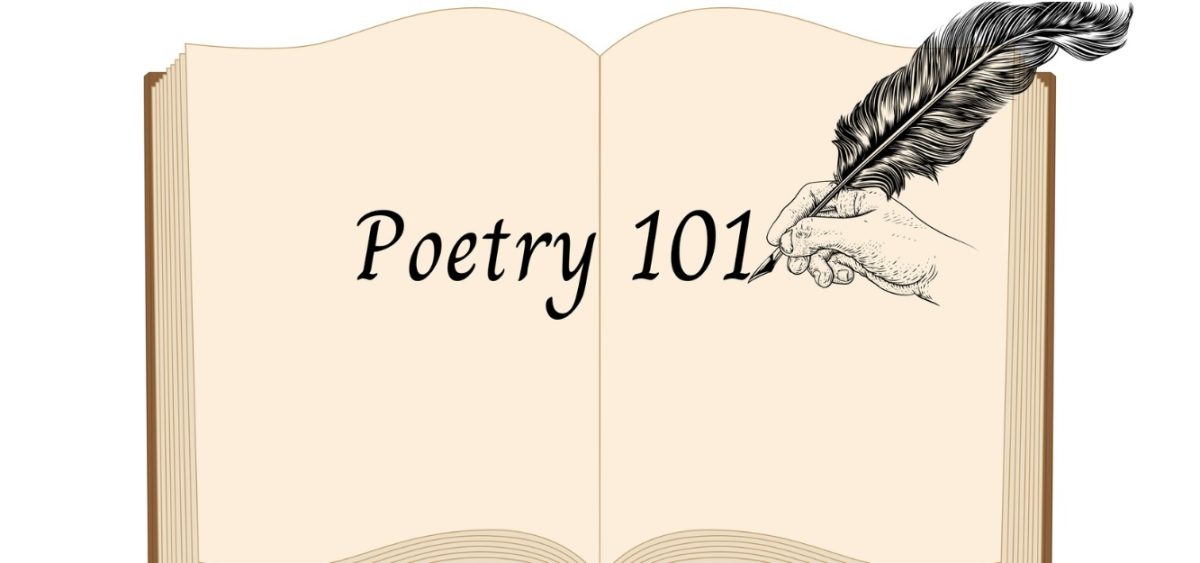Writer’s block is a dilemma that I’m sure we have all felt at least once in our lives. It seems like an implacable obstacle to pursuing your vision when you need to start putting your pen to paper. However, creating poetry does not have to be this way. Here are some helpful tips for writing passionate poetry!
You are the best inspiration for your poetry.
Writing and oneself cannot be divorced entirely. If you are stuck on word choice or potential themes for your poetry, the best question to ask is if what you believe completely reflects who you are. This consideration helps with poetry ranging from freeform about internal feelings to haikus about external nature. All forms of writing – especially poetry – are partly based on experiences. You are the primary source of experience. Take advantage of this and you will find plenty of material to draw upon for your poetry.
Read poetry to improve your poetry.
It has long been observed that reading improves writing. If you want to cultivate an authorial style, you should find out what type of poetry you like! For instance, I find that my poetry about internal turmoil has largely been inspired by the works of Edgar Allan Poe and T.S. Eliot. However, I do not simply rephrase their poetry and call it my own. Rather, by reading the work of other poets, it allows me to discover interesting methods of communicating the messages that I want to convey in my poetry.
Experiment with different structures.
It may be tempting to stick with a single structure if that’s what you’re familiar with, such as the fluid structure of freeform poetry. However, writing in different forms of poetry will help you develop awareness of how you communicate in your writing. For example, you may notice that the rhythm and comedic tone of limerick helps direct your writing as opposed to the seemingly infinite choice that freeform provides. Varying your poem structure also develops your recognition of rhyming patterns and figurative language. Just as you often change your subject from poem to poem, you should also vary your poem structure to keep it fresh!
Let the words flow and edit later.
Getting back to writer’s block, it largely stems from what I call “what-ifs.” These are, like the name implies, thoughts that make you think about different possibilities when it comes to aspects such as word choice. “What-if” thoughts paralyze your decision-making process and, in some cases, can cause hyperfixation on perceived problems in your writing. As someone with OCD, a way to overcome this is to write down your thoughts as they come. Your poem doesn’t have to be cohesive and perfect the first time around. Once you feel like you’ve written down the full extent of your poem, you can go back and make edits to connect these thoughts together. This will be your final product and will allow you to write much more frequently and negate “what-if” thoughts.



